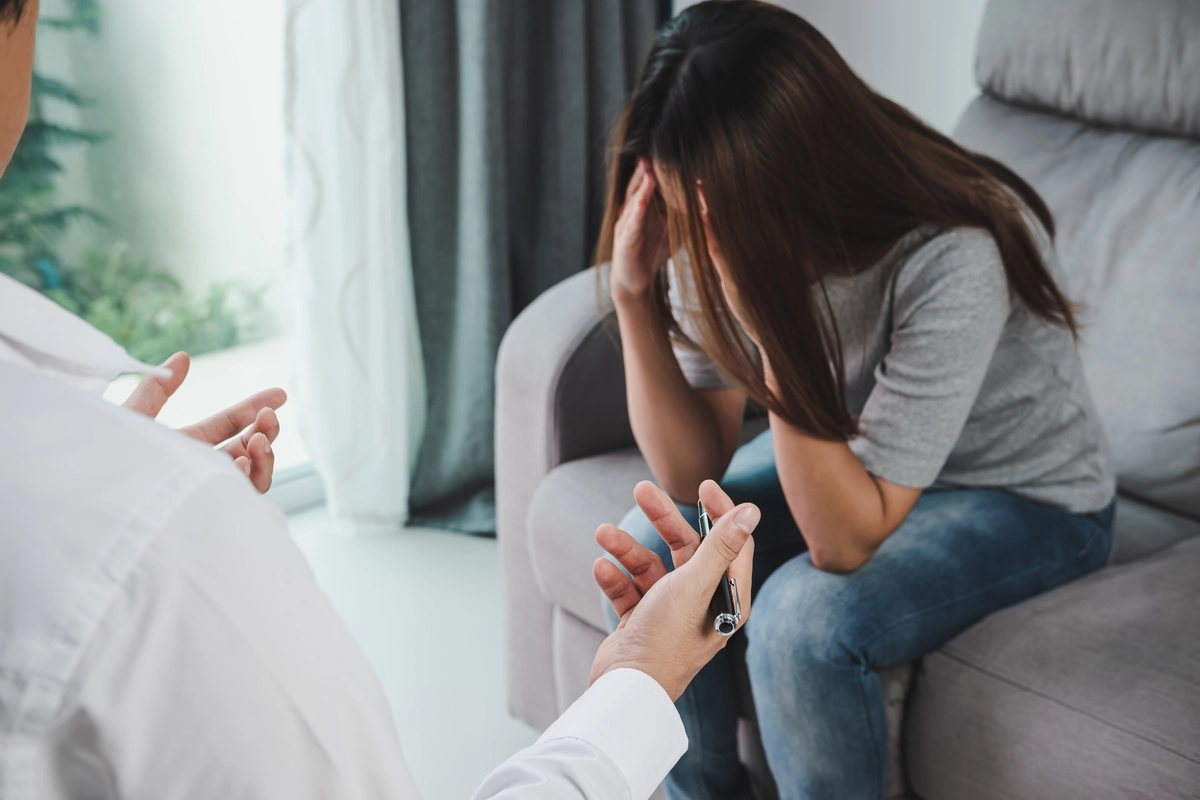24/7 Helpline:
(866) 899-111424/7 Helpline:
(866) 899-1114
Learn more about Bipolar Disorder Treatment centers in Iberville County
Bipolar Disorder Treatment in Other Counties

Other Insurance Options

UMR

MHNNet Behavioral Health

Optima

Self-pay options

Sutter

Horizon Healthcare Service

Group Health Incorporated

EmblemHealth

BHS | Behavioral Health Systems

Private insurance

Providence

Ceridian

Aetna

Meritain

Access to Recovery (ATR) Voucher

Molina Healthcare

BlueCross

State Farm

American Behavioral

Kaiser Permanente

Iberville Parish Behavioral Health
Iberville Parish Behavioral Health is an outpatient facility that offers treatment for individuals w...

Iberville Rehabilitation Services
Iberville Rehabilitation Services is a private rehab located in White Castle, Louisiana. Iberville R...






















































































































